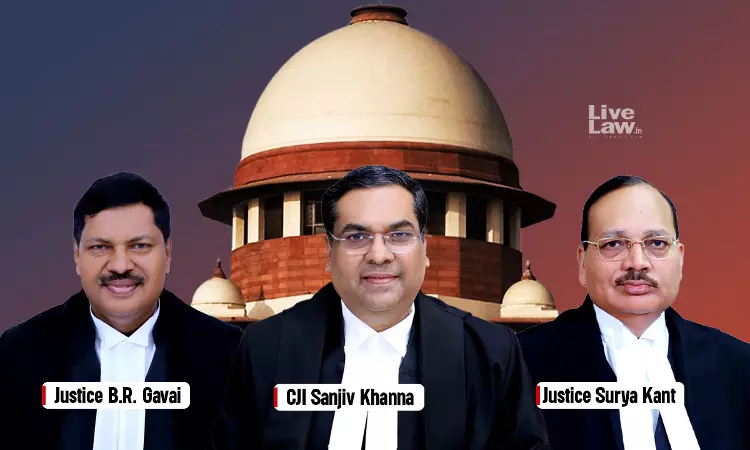Supreme Court Relaxes Conditions To Appoint Ad Hoc Judges In High Courts, Says Vacancies Needn't Be More Than 20%
Anmol Kaur Bawa
30 Jan 2025 3:51 PM IST

The High Courts may recommend the appointment of 2-5 ad hoc judges not exceeding 10% of the strength. They will sit as junior judges in division benches hearing criminal appeals.
Next Story


